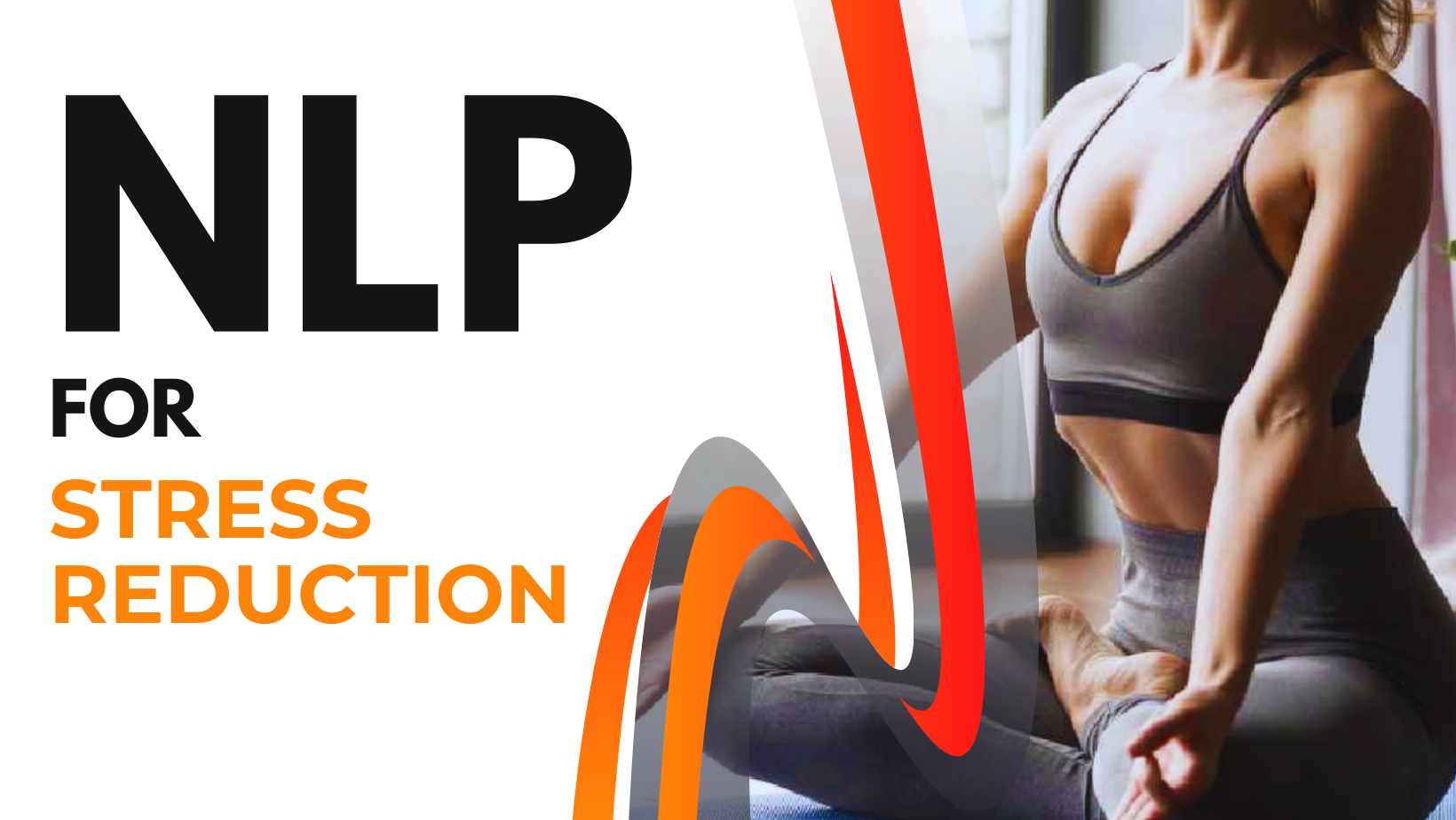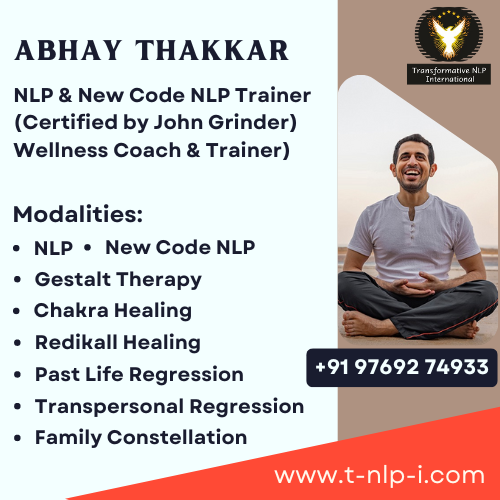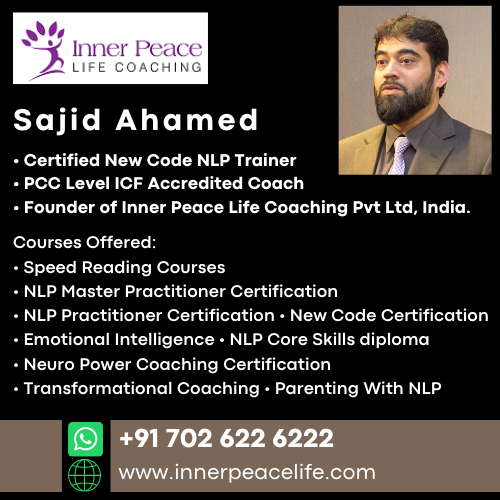Alternative Therapies
- Alternative Medicine
- Access Bars
- Access Body Processes
- Access Consciousness
- Access Energetic Faclift
- Acupressure
- Acupuncture
- Akashic Records
- Ancient Magnetism
- Angel Healing
- Aromatherapy
- Aura Reading
- Ayurveda
- Bach Flower Remedies
- Blueprint Numerology
- Breathwork
- Chakra Healing
- Cosmetic Acupuncture
- Crystal Healing
- Cupping Therapy
- Divine Healing Hands
- Distance Healing
- Emotional Freedom Technique (EFT)
- Energy Healing
- Energy Medicine
- Ergonomics
- Family Constellation
- Face Reading
- Fengshui
- Gaiadon Heart
- Geomancy
- Heal Your Life
- Graphology
- Holistic Solutions
- Holy Fire Reiki
- Homeopathy
- Ho'oponopono
- Humkara with Haleem
- Hypnotherapy
- Inner Child Therapy
- Intuitive Reading
- Jesus Reiki
- Jikiden Reiki
- Jin Shin Jyutsu
- Karuna Reiki
- Karmic Healing
- Lama Fera
- Lenormand Cards
- Light Language Healing
- Law of Attraction
- Manual Therapy
- Matrix Reimprinting
- Metaphor Therapy
- Meditation
- Mediumship
- Melchizedek Method
- Merlin Trinity Healing
- Merkaba Healing
- Money Reiki
- Motivational Counseling
- Mudra Healing
- Nakshatra Energies
- Naturopathy
- Neuro Linguistic Programming (NLP)
- Numerology
- NumeroVastu
- Oracle Cards
- Panchakarma (Ayurveda)
- Panchkarma Holistic Healing - Mind Control
- Past Life Regression
- Pendulum Dowsing
- Physiotherapy
- Pranic Healing
- Pranic Psychotherapy
- Pythagorean Numerology
- Quantum Touch Healing
- Pyramids
- Redikall Healing
- Reiki
- Rudraksh
- Runes
- Soul Plan Reading
- Sound Healing
- Star Magic Healing
- Space Clearing
- Sujok therapy
- Tarot
- Theta Healing
- Twin Flame Healing
- Twin Hearts Meditation
- Unani Medicine
- Yoga
- Wicca
- Womb Healing
Diseases & Conditions
- Acne & Pimples
- Allergies
- Arthritis
- Asthma
- Behavioural Disorders
- Cancer
- Dandruff
- Diabetes
- Emotional Problems
- Gallstones
- Gastritis
- Hairloss
- Heart Diseases
- Hormonal Problems
- Hypertension
- Immune Disorders
- Infections
- Infertility
- Jaundice
- Kidney Disorders
- Liver Disorders
- Menstrual Disorders
- Migraine
- Neck & Back Pain
- Obesity
- Osteoporosis
- Peptic Ulcer
- Prevention
- Prostate Problems
- Psoriasis
- Sexual Dysfunctions
- Sinusitis
- Sleep Disorders
- Skin Diseases
- Stress
- Thyroid Disorders
- Ulcerative Colitis
- Urinary Infections
General Wellness
NLP For Stress Reduction - Navi Mumbai
Abhay Thakkar

Abhay Thakkar is the first NLP trainer from India to provide New Code NLP as well as NLP training courses in India, certified by co-creator of NLP and co-developers of New Code NLP. He facilitates Internationally Certified New Code NLP/ NLP courses in Mumbai, Delhi, Bangalore and others cities in India and abroad...

Sajid Ahamed

Sajid Ahamed is a "Certified trainer of NLP" and Founder of Inner Peace Life Coaching Pvt Ltd, India. He organizes Grinder approved training in India and the Middle East. He is a firm believer in high performance.

NLP For Stress Reduction

Neuro-Linguistic Programming (NLP) For Stress Reduction
Neuro-Linguistic Programming (NLP) offers several techniques that can be highly effective for reducing stress. Here are some key approaches within NLP that can help:
Anchoring: This technique involves associating a particular state (like relaxation or calmness) with a specific gesture, touch, or sound. By creating an anchor when you are in a relaxed state, you can trigger that state later simply by activating the anchor. This can be particularly useful in stressful situations to quickly regain a sense of calm.
Reframing: Reframing involves changing the way you perceive a situation. Instead of viewing a stressor as overwhelming, you can reframe it in a more positive or manageable light. This can help to reduce the emotional intensity and stress associated with the situation.
Visualizations: NLP utilizes guided visualizations to create mental imagery that promotes relaxation and reduces stress. By imagining yourself in a peaceful place or visualizing a positive outcome, you can alter your emotional state and reduce stress levels.
Language Patterns: The language we use internally (self-talk) and externally (communication with others) can significantly impact our stress levels. NLP helps in identifying and changing negative or limiting language patterns into more constructive ones, thereby reducing stress and promoting a more positive mindset.
Anchoring to Resourceful States: Apart from relaxation, NLP also teaches anchoring to resourceful states such as confidence, determination, or patience. By anchoring these states, you can access them when faced with stressful situations, thereby enhancing your ability to cope effectively.
Meta-Model: NLP's meta-model involves clarifying and challenging distortions, generalizations, and deletions in our thinking and communication. By gaining more accurate and complete information about a stressful situation, you can often reduce the perceived stress associated with it.
Modelling Excellence: NLP emphasizes modeling successful behaviors and strategies from others who excel in managing stress. By observing and adopting their techniques, you can enhance your own stress reduction skills.
Applying these NLP techniques requires practice and often guidance from a trained practitioner. They can be integrated into daily routines or used as needed during stressful situations to promote relaxation, resilience, and overall well-being.




